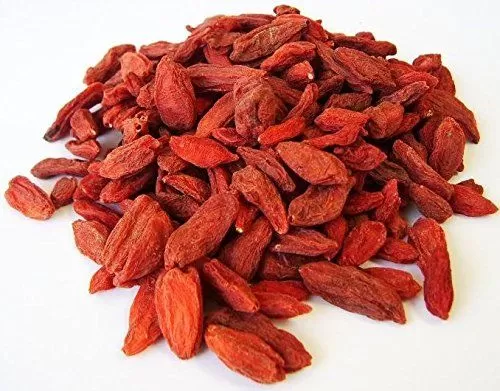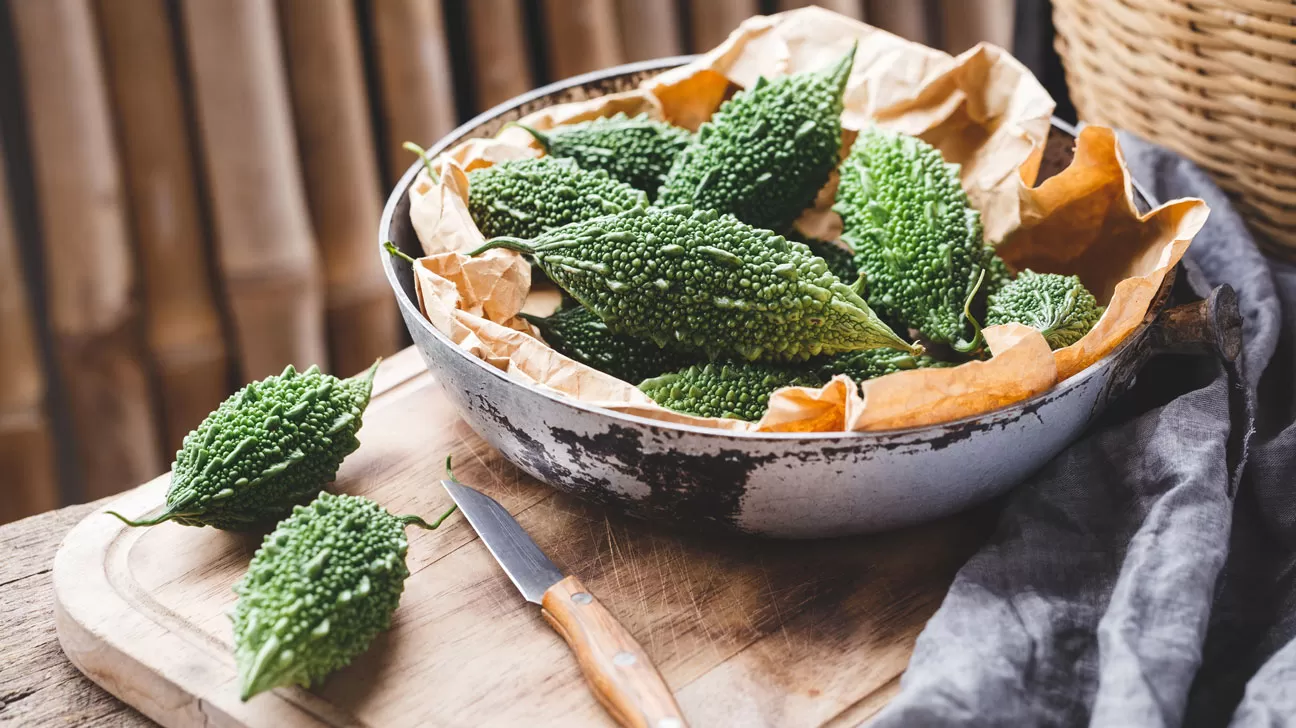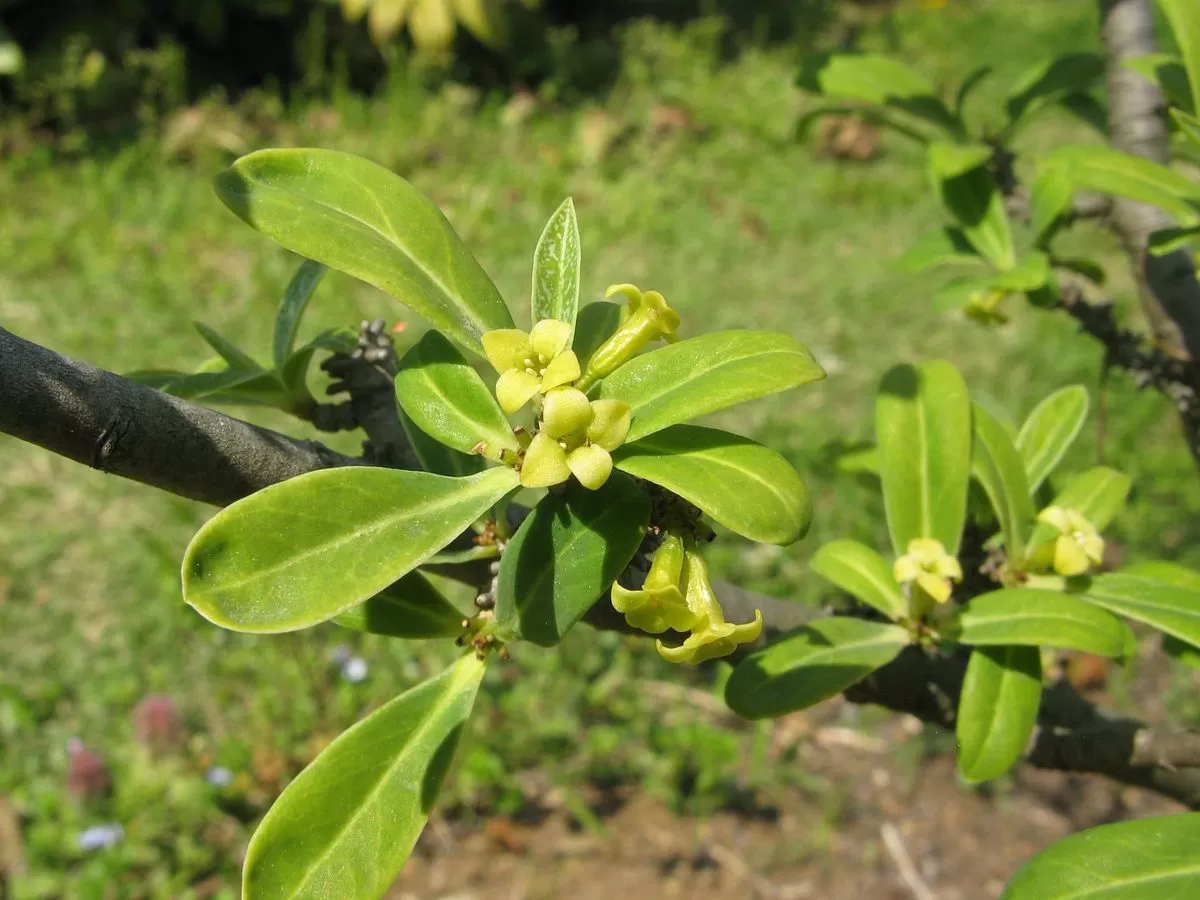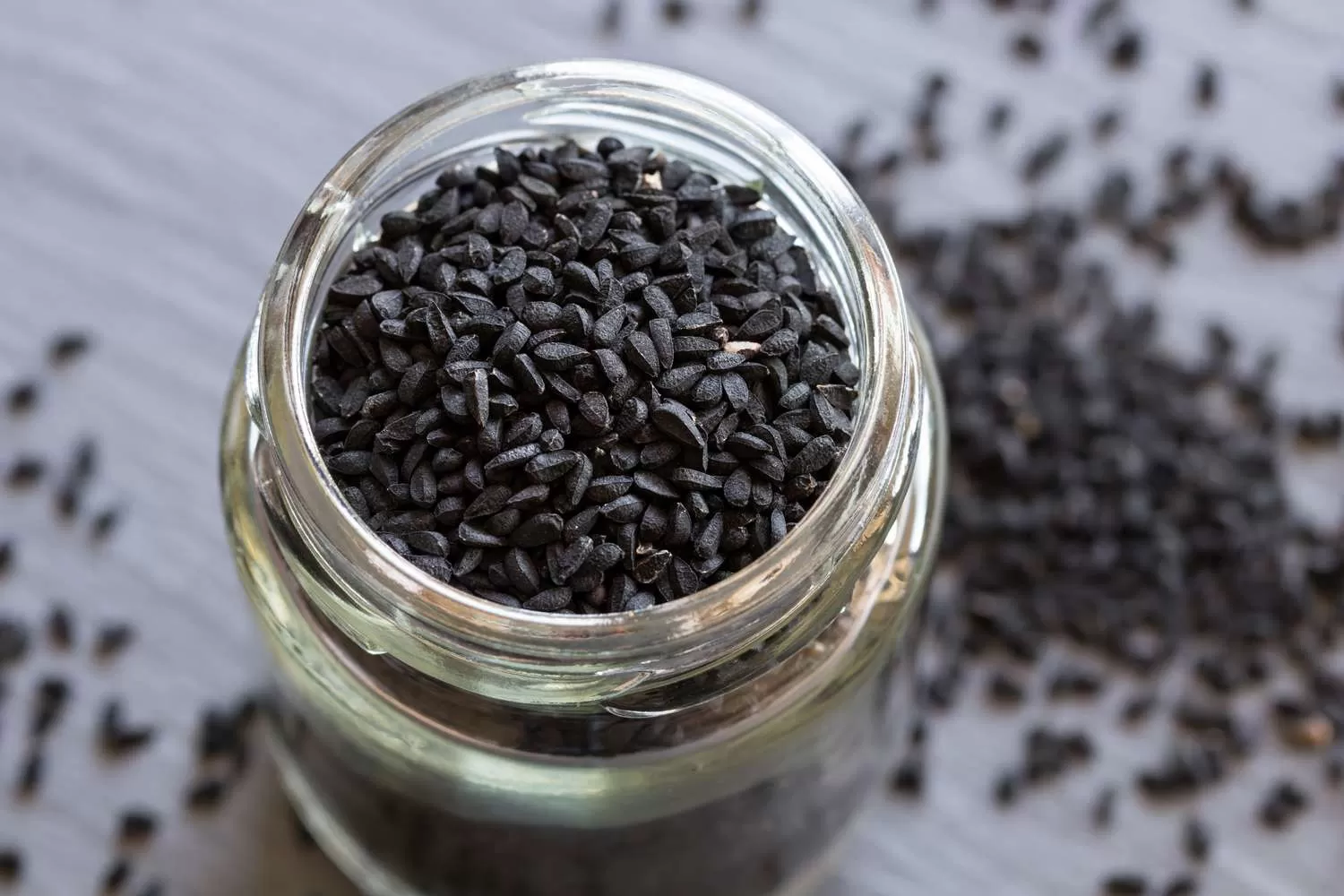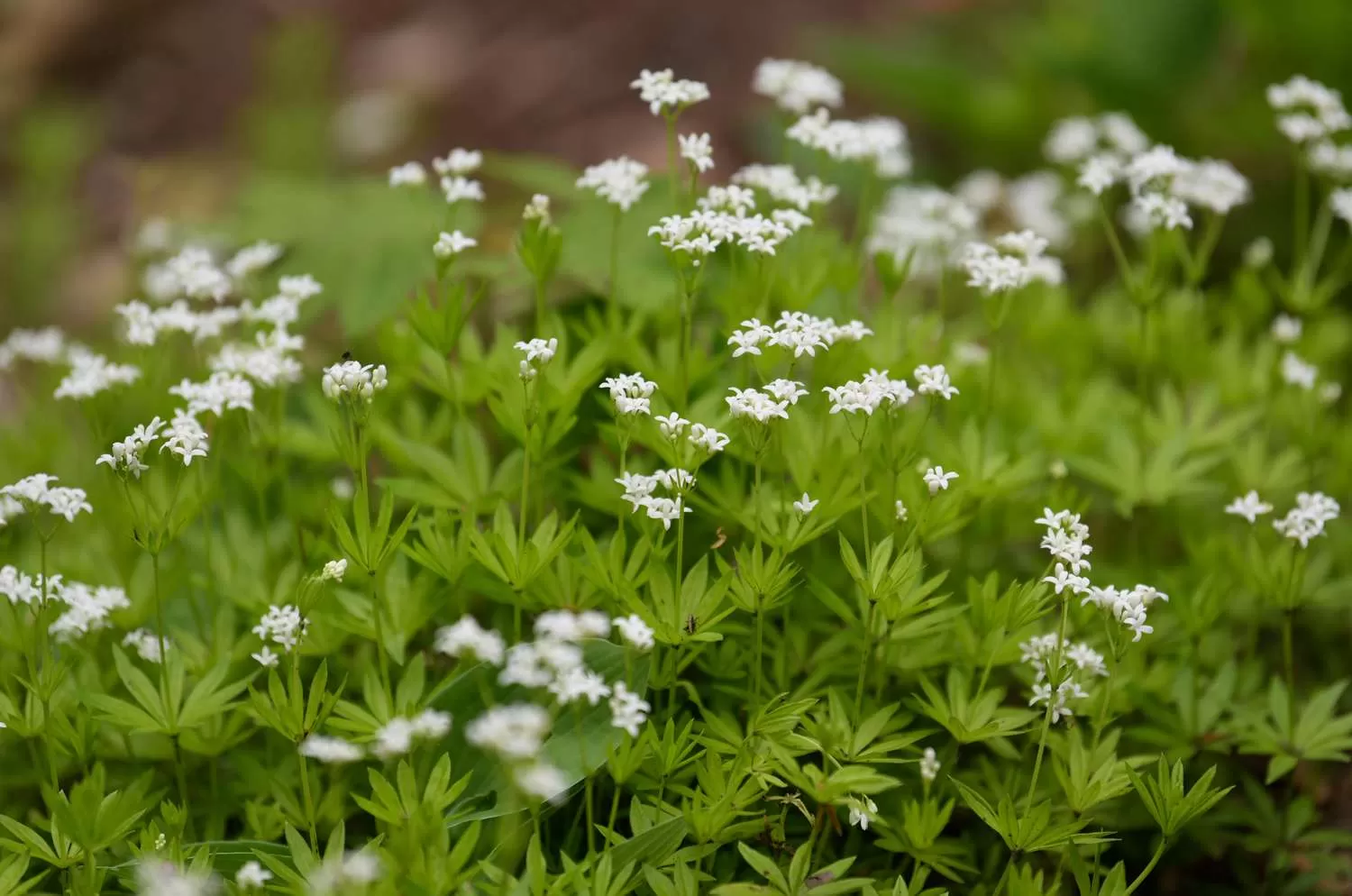- 0086-571-85302990
- sales@greenskybio.com
gorilla-selected medicinal plants
2025-03-21
For the Indigenous Vungu people residing near Gabon’s Moukalaba-Doudou National Park, the forest serves as both a pharmacy and sanctuary, rich in plants used in traditional medicine. When researchers embarked on a study to discover the bioactive properties of plants consumed by the park’s gorillas—and similarly used by the Vungu—the local community’s insights proved invaluable.
Leresche Oyaba Yinda, lead author of the study published in PLOS ONE, emphasized the critical role of ethnobotanical surveys among Vungu healers, stating that their contributions acted as a guiding force for the research team. Yinda, affiliated with the Interdisciplinary Medical Research Center in Gabon's bacteriology lab, echoed the sentiment that nature continues to offer valuable discoveries for modern medicine through Indigenous knowledge.
Considering the symbiotic relationship between humans and animals using plants for self-medication, the research aimed to understand gorilla-selected medicinal plants. For over ten days in August 2022, the team observed gorillas’ dietary choices, focusing on plants also valued in the Vungu’s pharmacopeia. With local botanical wisdom at hand, researchers tested four plant species—Ceiba pentandra, Myrianthus arboreus, Ficus spp., and Milicia excelsa—finding them rich in antioxidant and antimicrobial properties along with active compounds to combat malaria, diarrhea, inflammation, and spasms.
These promising results validate the traditional use of bark extracts and suggest potential applications in pharmaceutical, cosmetic, and food industries. Yinda notes the enthusiasm of Indigenous collaborators toward the study’s progress, pledging to disseminate findings among the Vungu community—whose herbal knowledge they have greatly enhanced.
Unsurprisingly, the Vungu shared the gorillas’ medicinal plant preferences, illustrating an inherent understanding of their shared environment. "Their familiarity with natural remedies stems from observing gorillas’ self-medicating behaviors within their mutual ecosystem," Yinda explained.
The study underscores the value of conserving such ecosystems, where humans and gorillas coexist symbiotically, sharing resources that support health and survival. “Preserving these biodiverse habitats is crucial, safeguarding a living pharmacy for gorillas and humans alike,” affirmed Cameroonian primatologist Denis Ndeloh Etiendem.
Etiendem, advocating for gorilla conservation, stresses that gorillas' survival impacts human health and maintaining biodiversity. Their extinction would not only represent a tragic loss of a species but also erode the ecological balance vital for human survival.
As rainforests are significant avenues for known and emerging infectious diseases, understanding how gorillas use medicinal plants amidst environmental changes may inform human medical advancements. “Gorillas’ extinction would detract from our biodiversity and human health prospects," Etiendem warned, underscoring our collective duty to protect these essential ecosystems.





